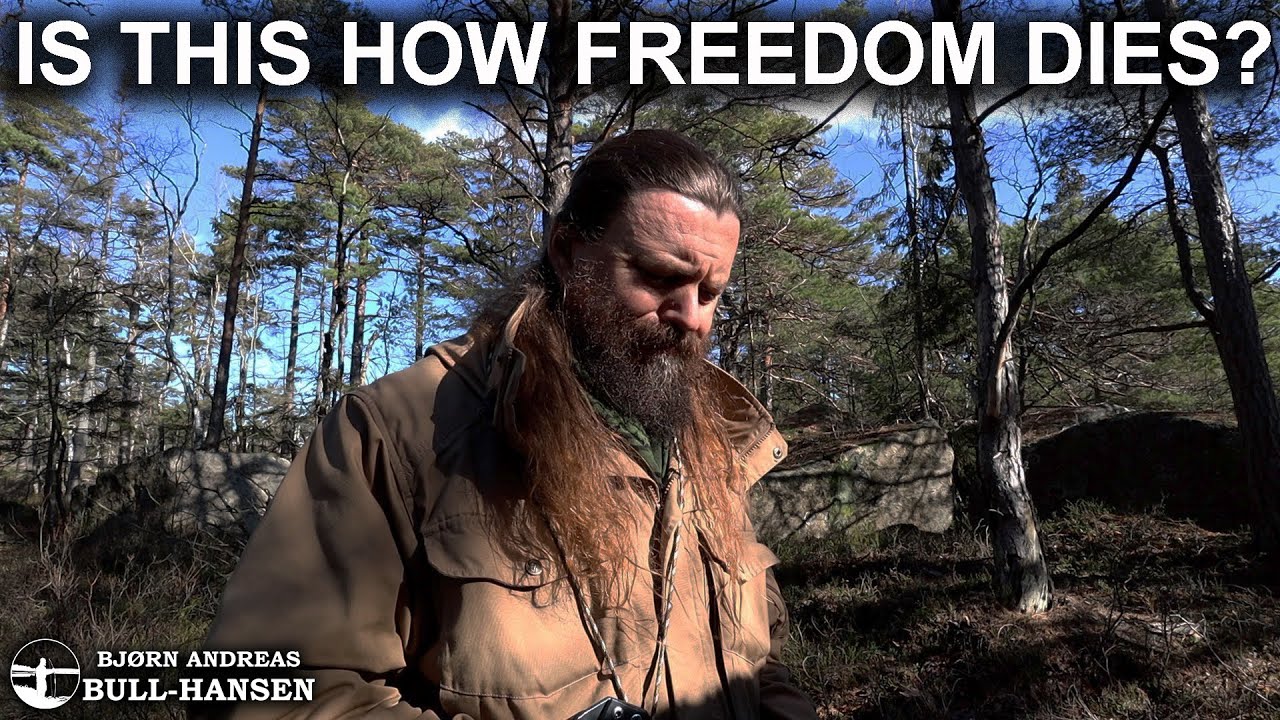Coronavirus/covid-19: Is this how freedom dies?

Is this how freedom dies?
Coronavirus/covid-19 could spark a shift towards totalitarian rule where our own governments become a threat to our freedom.
How can governments balance individual rights and societal needs during a public health crisis like Covid-19?
The outbreak of the Coronavirus, also known as Covid-19, has placed many countries into a state of emergency. It has led to quarantines, lockdowns, closed borders, and the loss of freedom. As the world continues to combat this pandemic, people are beginning to wonder if this is how freedom dies.
The loss of liberty is a corollary of emergencies. When emergencies arise, the government has the responsibility of maintaining public safety and preserving human life. Often, these measures imply restrictions on individual liberties. Such measures are seen as an attempt by the government to protect society’s well-being, during which freedom takes a back seat.
In the wake of Covid-19, there have been various responses across the globe. Some countries have enforced strict quarantine measures, some have imposed mandatory masks, and others have enforced a curfew. In some places, people are not allowed to leave their houses except to buy essentials, work in essential industries or seek medical attention. While some individuals think that these measures are an infringement on their human rights, some believe that they are essential to preserving the community’s health and preventing the rampant spread of the virus.
The reason why many people believe these measures amount to a failure of freedom, is that they are making sacrifices that amount to forfeiting their liberties. People feel that they cannot control their movement or pursue their interests. Others feel that their choices are being limited because of the pandemic.
However, it is important to note that the restriction of rights in crisis times is not unique to our current situation. History has shown the same trend in similar instances, such as during times of war or severe disease outbreaks. For instance, in 2014, Sierra Leone implemented drastic restrictions on individual movement, initiated house-to-house searches, and imposed a heavy quarantine that lasted for months in efforts to combat Ebola.
In recent months, governments worldwide have affirmed that these measures are essential to flattening the curve and curbing the Covid-19 pandemic. As many individuals continue to make personal sacrifices for the greater good, governments must be transparent, accountable and really sensitive to human rights values.
In the end, the restrictions that democratic societies have put into place during this Covid-19 outbreak can be viewed as temporary, and not an end of freedom as we once knew it. In fact, our liberal democracies and modern societies have long advocated for governmental intervention during times of crisis to safeguard human lives.
Moreover, it is vital for citizens to understand that liberty is not an absolute concept; it is a balance between individual rights and societal needs. Covid-19 raises this fundamental question of the trade-offs between individual liberties and the collective good.
In conclusion, it can be argued that the measures taken during the Covid-19 pandemic, while limiting our freedom to an extent, are essential to protecting our health and well-being. This is not necessarily how freedom dies; it’s how it is temporarily disrupted, for the greater good. Everyone must understand that our rights are still mostly intact and it is our responsibility to respect the measures taken by our governments to combat this pandemic. As the world battles this pandemic together, it is essential to keep advocating for transparency, accountability, and good governance, to minimize the impact of a pandemic on individual freedoms in the future.